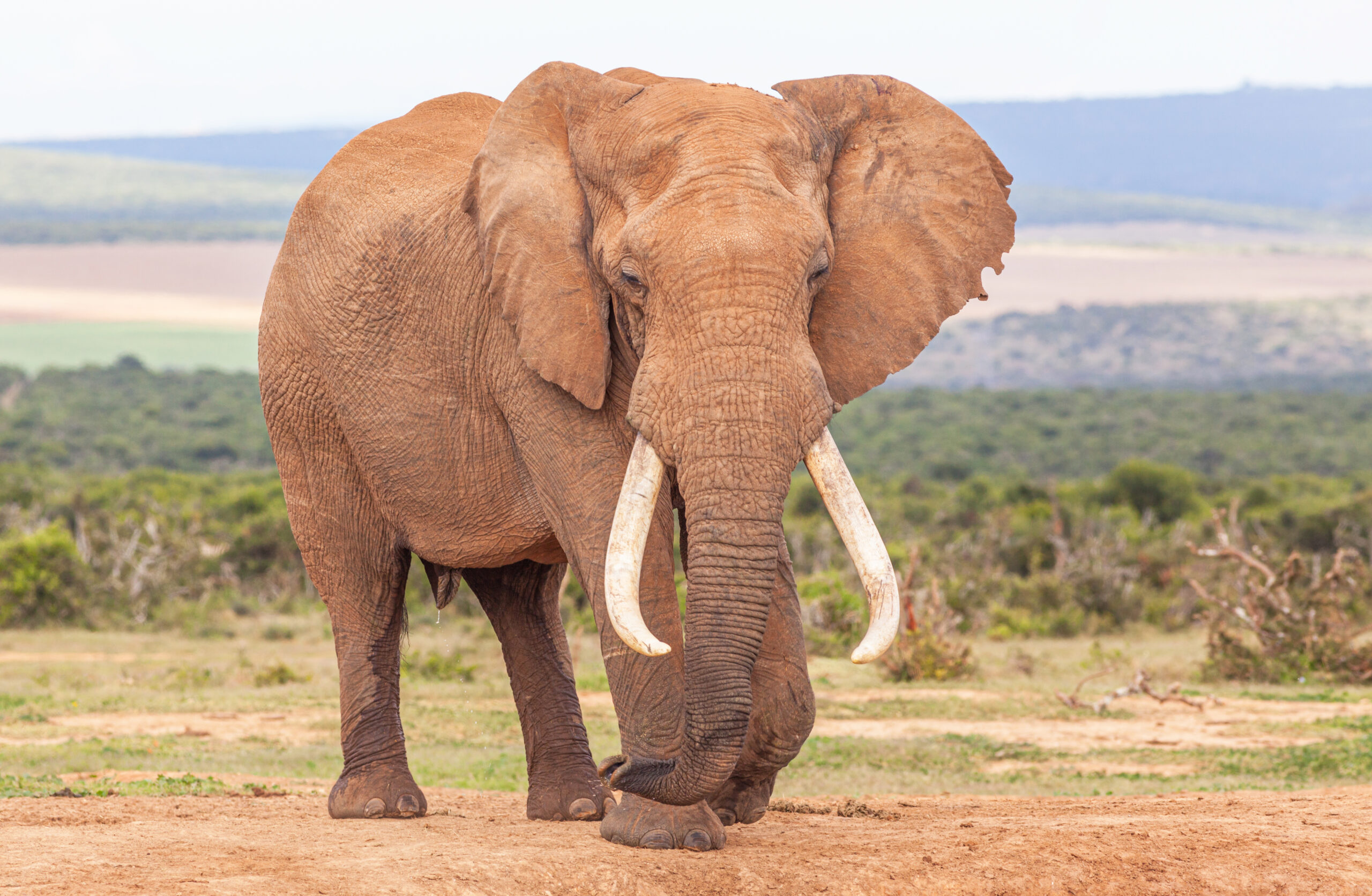This study highlights the vital role that mature bull elephants play in maintaining social order among younger males.
When older bulls are removed through culling or relocation, adolescent males can become dangerously aggressive and enter musth—an intense, hormone-driven state—much earlier than normal. In extreme cases, these young bulls have even attacked and killed rhinoceroses, behavior not typically seen in healthy elephant populations. However, reintroducing mature bulls quickly restores social stability, reducing aggression and shortening musth periods. The findings stress that elephant conservation must go beyond simple population counts—it requires preserving the natural age structure and social hierarchy. Including older males in translocation efforts and managing age diversity is essential for elephant well-being and ecosystem balance. This research supports a thoughtful, science-based conservation model that recognizes the complexity of elephant behavior and reinforces the need for regulated, sustainable wildlife management strategies.

